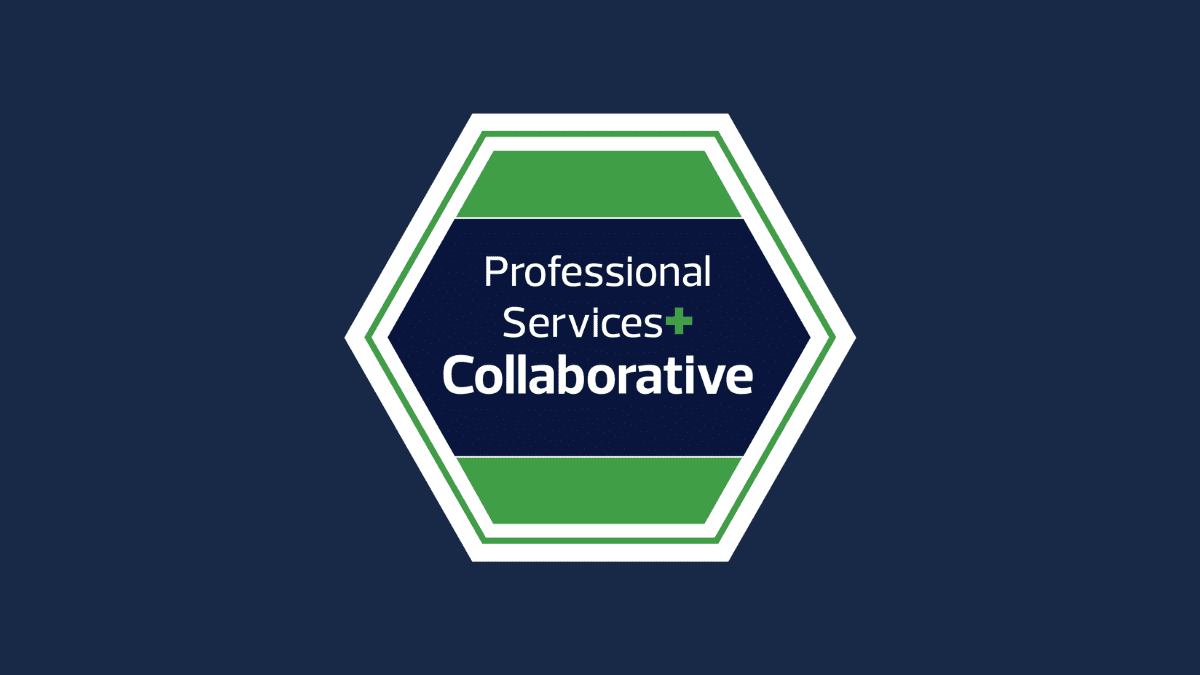ARTICLE | May 13, 2022
Estate planning enables individuals to specify what happens with their assets and responsibilities after death or incapacitation. While every situation is unique, individuals typically create estate plans that minimize the need for probate.
Probate is the court-administered legal process of validating a deceased person’s will, settling their outstanding debts, and distributing their assets to beneficiaries. Depending on the complexity of the estate and the state probate laws, the process can be costly for beneficiaries and time-consuming for executors.
In addition to time and cost issues, probate records are part of the public record. A probate record typically includes the petition for probate, the will, estate inventories, letters of administration, and the final accounting. Therefore, the general public may access details such as the beneficiaries, where they live, and how much they inherited.
Fortunately, steps can be taken to shield assets from the probate process and maintain privacy for the estate. This article will discuss some common probate avoidance techniques and how they work.
Five techniques to avoid probate
Five popular estate planning tools and techniques to avoid probate are using a trust, life insurance, jointly owned assets, payable on death designation, and transfer on death designation.
A Trust
Assets placed in a living trust are not subject to probate. However, assets must be transferred to the trust before the grantor’s death. Then after death, the trust assets are distributed to beneficiaries according to the terms of the trust.
Sometimes individuals fail to transfer all of their assets to a trust before death. A “pour-over will” can be used to automatically transfer assets to a trust after an individual’s death. However, assets transferred to a trust via a pour-over will are still subject to probate but eventually gain the other benefits of being held by the trust.
Life Insurance
The proceeds from a life insurance policy owned outside of a trust or will are typically distributed directly to beneficiaries and not subject to probate. However, if the beneficiaries are not alive, cannot be located, or no beneficiaries are listed, the proceeds may be subject to probate or the state’s intestacy laws.
Jointly Owned Assets
When a couple owns an asset together, and both names are on titles/accounts or they have similar ownership rights in the asset held in joint tenancy, the asset will pass directly to the surviving owner without going through probate. However, the specific tenancy type matters – “joint tenants with rights of survivorship” and “tenants by the entirety” enable the asset to bypass probate.
Payable-on-Death (POD) Accounts
An individual can add a “Payable-on-Death” designation to a bank account that specifies a beneficiary. A POD enables the beneficiary to claim the funds directly from the bank upon an individual’s death, thus bypassing probate. A POD does not entitle the beneficiary to any control or ownership over the account while the individual is still alive.
Transfer-on-Death (TOD) Accounts
Individuals can add a “Transfer-on-Death” designation to securities, real estate, and vehicles in most states.
A TOD designation for a financial institution account can specify one or more beneficiaries who will become the owners of the assets in the account upon the individual’s death. With a TOD, assets are transferred directly to beneficiaries and are not subject to probate.
For real estate, a transfer on death deed enables an individual to transfer property to a beneficiary upon death. Likewise, a transfer on death designation for a vehicle enables the individual to transfer a car to a beneficiary upon death. Both TOD for real estate and vehicles bypass the probate process.
Like a payable-on-death, a transfer-on-death does not entitle the beneficiary to any control or ownership over the account, property, or vehicle while the individual is still alive. Also, not all states allow for TOD designations, so it’s important to check with your CPA and attorney to understand what is permitted in your particular state.
We can help you with estate planning techniques to avoid probate
There are many different tools and techniques that can be used in estate planning. This article is meant to provide general information and is not a substitute for speaking with one of our expert advisors or your attorney, and does not constitute legal advice. Every situation is unique, and your estate plan may or may not benefit from these specific tools and techniques.
If you have questions on how to transfer assets outside of the probate process or need assistance with your estate plan, don’t hesitate to contact us for more information. We’re always happy to help.
Do you have questions or want to talk?
Call us at (800) 232-9547 or fill out the form below and we’ll contact you to discuss your specific situation.




